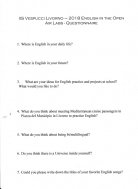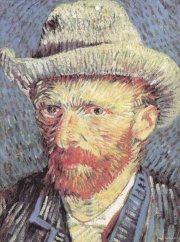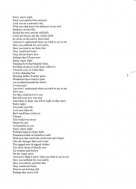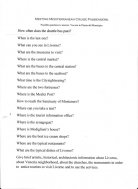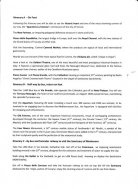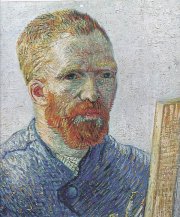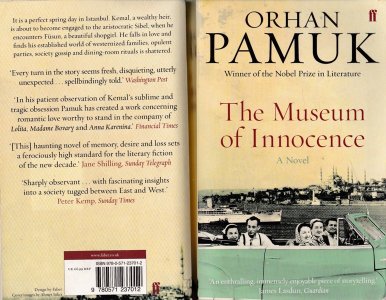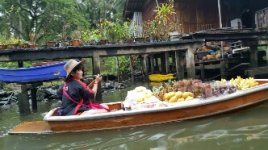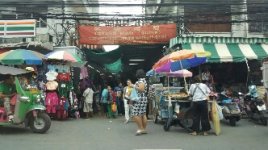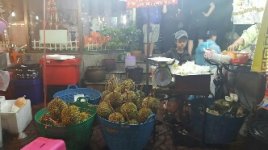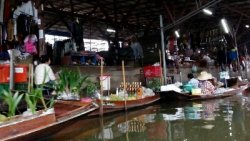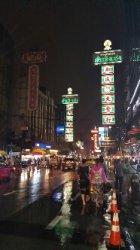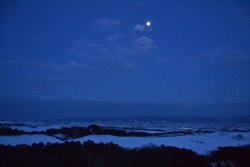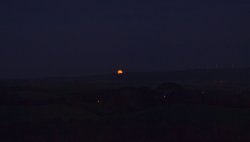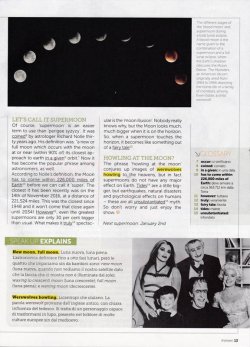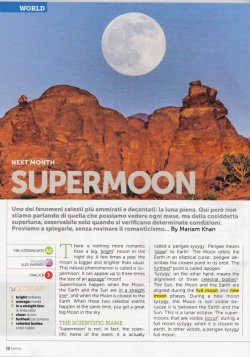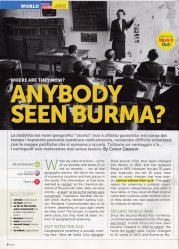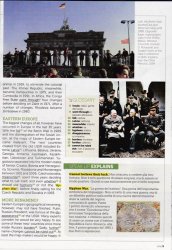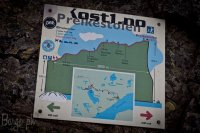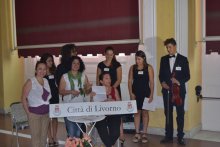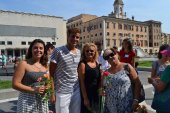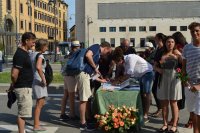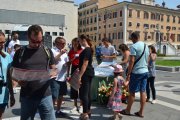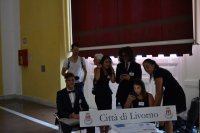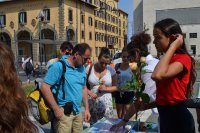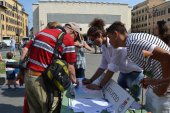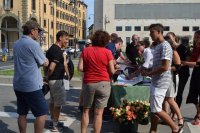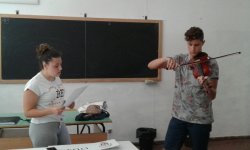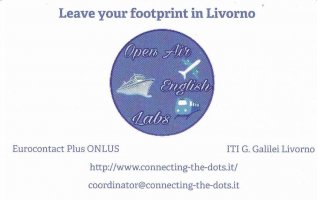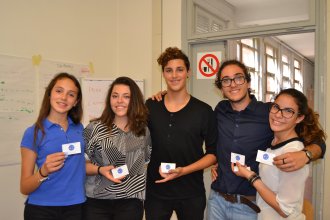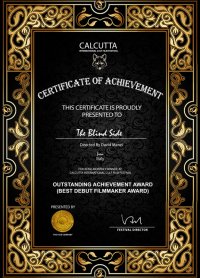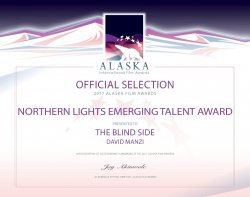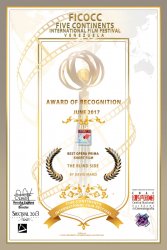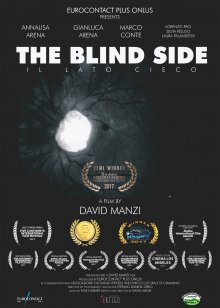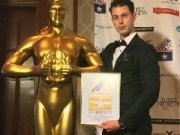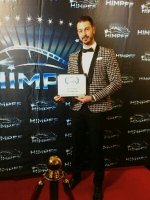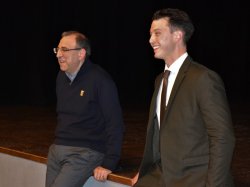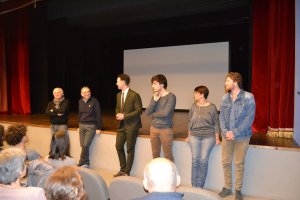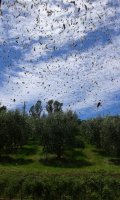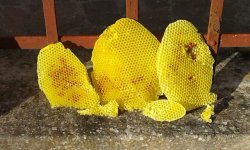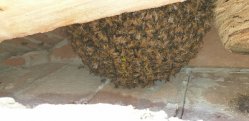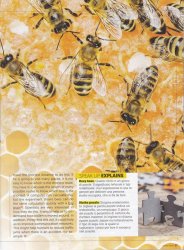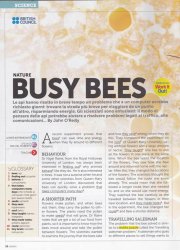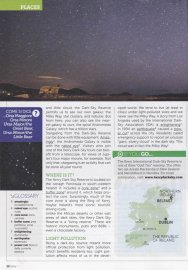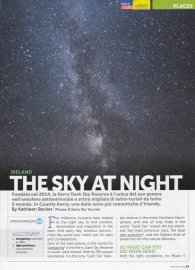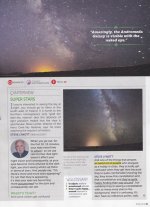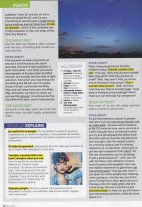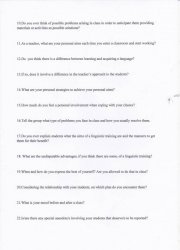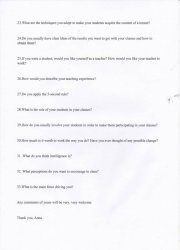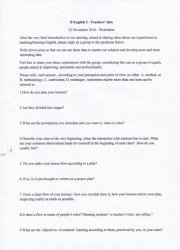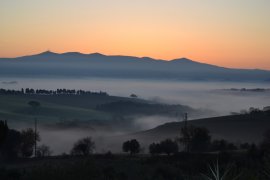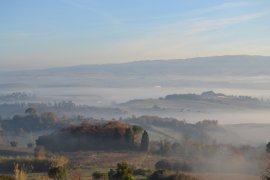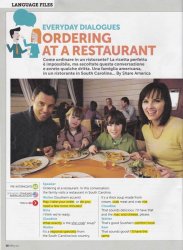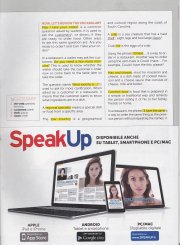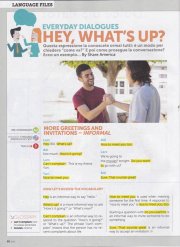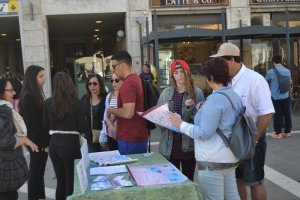
1. this is a first page for Desirée, Martina, Gaia, Vanessa, Edoardo, Lorenzo, Selene, Nicole, Rubith, Rachele, Gianni, Melissa, Matilde, Tommaso, Leonardo, Lizeth, Desiré, Giulia, Sara of IIS Vespucci Livorno, the school that this year is partecipating in the first Open Air English Labs and for whoever is willing to join us and practice English.
2. We are planning activities in class before going outside to meet Mediterranean cruise passengers and welcome them to Livorno. Next pages will be updated to coordinate all work to be done in class by these students eager to improve their competence in English communication.
3. On day 1, after forming pairs, students answered the questionnaire shown below - worksheet one - meant as a general survey on the students' relationship with English and their knowledge of the language. On paper boards onto the walls they all could write standing. Good job.
4. You can find below - worksheet three - possible questions by cruise passengers; we'll work together to get information from the material you will be given in class. Your own research will be very welcome.
5. Paper number two is the text of the song Vincent, that's going to be useful for one more English exercise: match the lines of the lyrics with the reproductions of Van Gogh's paintings you have had in class since day two. Number the paintings clockwise starting from the door. Acquire new vocabulary and expressions. Find out on the Internet what Loving Vincent is and tell the class.
6. On worksheet number four there are three possible itineraries designed by students of previous editions' open labs. This year we could visit all shops along the way, present them the project and ask if they like offering a discount to customers showing them a card we'll make ready in time.
7. It means we'll have to design a logo for this year's project, print visit cards to inform about it and leave contacts.
8. Do not hesitate to use this space to practice English. You can ask questions, write comments, propose ideas. Everything will be useful to enrich our English training and consolidate our skills in English communication. Your two teachers will reply.
9. Feel free to contribute to our labs the way you prefere with your ideas. Astonish us with your talents!
Enjoy your English
Anna - Coordinator
Source: our own production worksheets and Van Gogh's paintings reproductions from calendars

